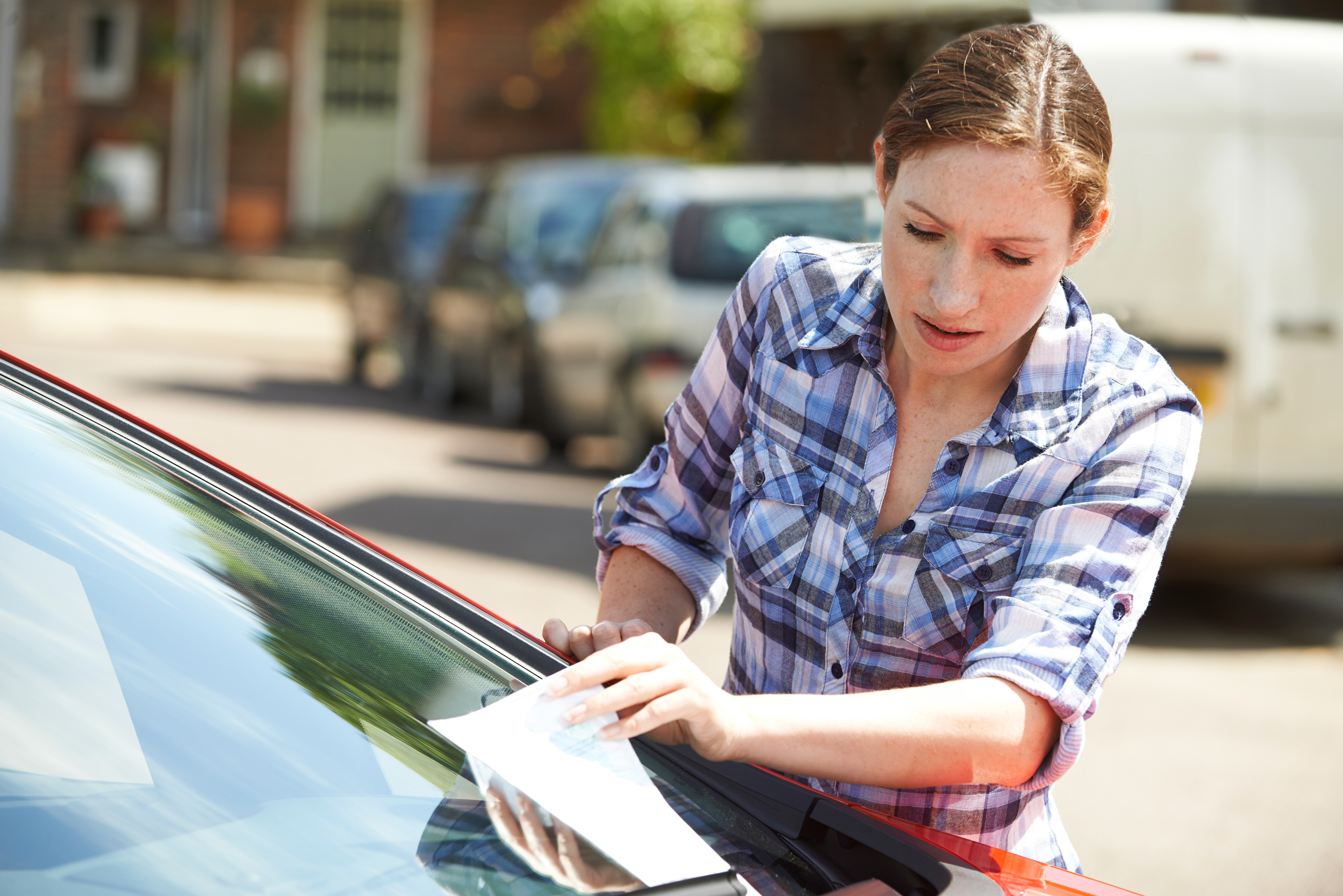Household Bills
Car parking charges and traffic wardens: are they still operating in lockdown?

With the nation in lockdown and citizens told only to leave their homes when absolutely necessary, those who are required to travel by car are wondering whether the usual parking rules are in place.
Public transport should be off limits to everyone apart from key workers and those with cars are urged to stay close to home rather than drive to a park or nature reserve for their daily exercise.
But for those who need to use their cars, perhaps to attend a hospital appointment, the supermarket or visit vulnerable family, they’re questioning whether the usual rules of the road apply.
For instance, are drivers still required to pay for parking; are resident permit zones operating and whether traffic wardens are considered ‘key workers’ so can still issue penalty notices for any parking violations.
Last week, Transport for London announced it was suspending the congestion charge, as well as the low-emission zone and ultra low emission zone to enable key workers to travel as easily as possible. This will save motorists at least £11.50 a day, suggesting rules are being relaxed.
YourMoney.com spoke to the British Parking Association which represents the UK parking and traffic management profession to answer the common questions drivers may have as they navigate lockdown amid the coronavirus crisis:
Q) I’m visiting a vulnerable person who lives in a resident permit parking area. Can I park there without a permit?
A) Resident permit schemes still apply. You should ask if they have any visitor permits or whether there are any hours where the scheme does not apply.
Q) NHS staff are able to park for free at hospital car parks. What about patients or those with appointments?
A) Drivers are urged to observe the specific terms and conditions which may vary per hospital site.
Q) Do I need to pay to park in a public car park?
A) Across the country people may find that some car parks have been closed, some will be free and others only free to NHS or healthcare workers. BPA advises that motorists check signage or the local council’s website for up-to-date information.
Q) Are traffic wardens considered ‘key workers’ and are they still working?
A) The BPA said it is “continuing to seek clarification from the government on this point” adding that civil enforcement and parking attendants continue to provide an “essential service”.
A spokesperson, said: “Redeployment efforts include car parks being repurposed as drive-through testing centres and distribution hubs for food and vital supplies. Frontline officers are extending their duties to provide help with managing queues at supermarkets and pharmacies, delivering aid to the vulnerable and other community support.”
Q) Are they still handing out penalty notices?
A) Since a level of enforcement continues there may be incidents whereby issuing a PCN is necessary.
Q) Penalty notices have been cancelled for NHS workers, what about for ordinary members of the public?
A) If a motorist does receive a parking ticket then they must follow the instructions as normal.
Q) Do I need to observe the rules associated with yellow and red lines?
A) Red lines indicate a clearway and no stopping is allowed.
A BPA spokesperson, added: “We are continuing to work with government and our members to support the national emergency. Like every other business and organisation in the country, our members are adapting and responding as the situation evolves, but we will keep striving to do more. These are unprecedented times for which there is no pre-written guidance, so it is everyone’s duty to use common sense and do what is right and the parking sector is no different.”
In guidance issued by the BPA, London Councils and the Local Government Association, they advised that the majority of enforcement activity should cease during the lockdown period.
“Authorities may need to continue to deploy their front line teams in some capacity to focus their reduced parking resources on priority areas and controls.
“Enforcement officers should be focused on providing help and advice about where people can and can’t park and encouraging poorly parked vehicles to move where possible rather than issuing penalty charge notices,” it stated.
Further, where vehicles are parked dangerously or are obstructing traffic, and the decision is taken to remove the vehicle, it should be relocated to a ‘safe and lawful position close by’ rather than to a vehicle pound. This should only be used as a ‘last resort’.
The guidance also deals with increased demand outstripping supply of parking in residential areas as more people are staying at home.
“This additional pressure will need to be managed carefully to prevent obstructive parking hindering emergency services and the delivery of essential supplies and services, such as waste collection.
“However, to especially help those who are self-isolating, authorities should take a pragmatic approach to unlawful parking if it is not dangerous or causing an obstruction, particularly in residential controlled parking zones. Authorities should consider maximising parking spaces in one-hour single yellow line restrictions where commuters might usually park, by relaxing those parking restrictions to enable homeworking,” it stated.
The guidance also suggested that authorities should consider temporary extensions to residents permits for the next three months, subject to review.